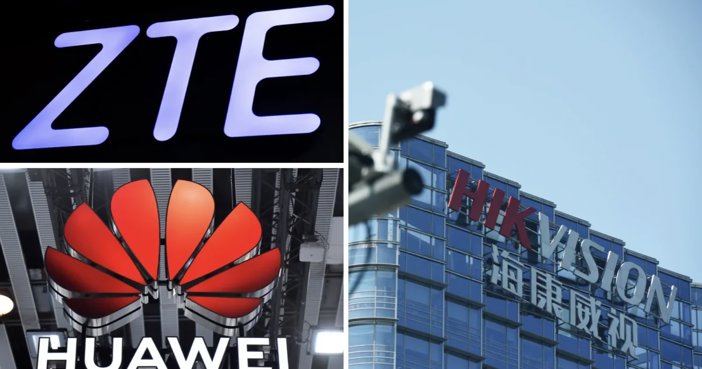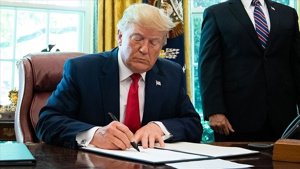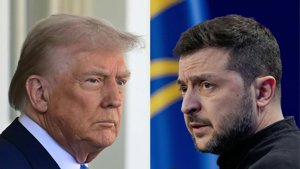
FCC Targets Chinese Telecom Firms
The United States Federal Communications Commission (FCC) has launched a far-reaching investigation into Chinese telecommunications firms with ties to the Chinese Communist Party (CCP) that continue to operate within the United States. The move marks a significant escalation in efforts to secure national communications infrastructure against perceived foreign threats.
FCC Chairman Brendan Carr issued a statement on Friday outlining the scope and intent of the new investigation. “The FCC has taken concrete actions to address the threats posed by Huawei, ZTE, China Telecom, and many other entities that pose an unacceptable risk to America’s national security, including by doing Communist China’s bidding,” he declared. These companies have now been officially placed on the FCC’s “Covered List,” a designation for organizations considered high-risk to national networks.
The Commission has already revoked numerous FCC operating authorizations previously granted to these companies, effectively curbing their legal ability to provide services in the U.S. telecommunications market. However, Carr emphasized that enforcement would not stop there. He noted that the FCC will pursue any attempt by these entities to sidestep regulations and operate through private channels or unregulated frameworks.
“We will not allow CCP-aligned firms to infiltrate our networks under the radar,” Carr added, signaling zero tolerance for backdoor operations. The action reflects rising concern in Washington over foreign influence in sensitive technology and infrastructure sectors, particularly as geopolitical tensions with China continue to mount.
This move by the FCC aligns with a broader push by the U.S. government to decouple from Chinese tech infrastructure, especially in areas with national security implications. It builds on past efforts such as the banning of Huawei from 5G networks and stricter screening of foreign investments in critical technologies.
The FCC’s crackdown is expected to draw both political support and international scrutiny, as it may impact trade and diplomatic relations. Still, the message is clear: the United States is tightening control over its digital borders to block what it sees as aggressive foreign infiltration through technology.






